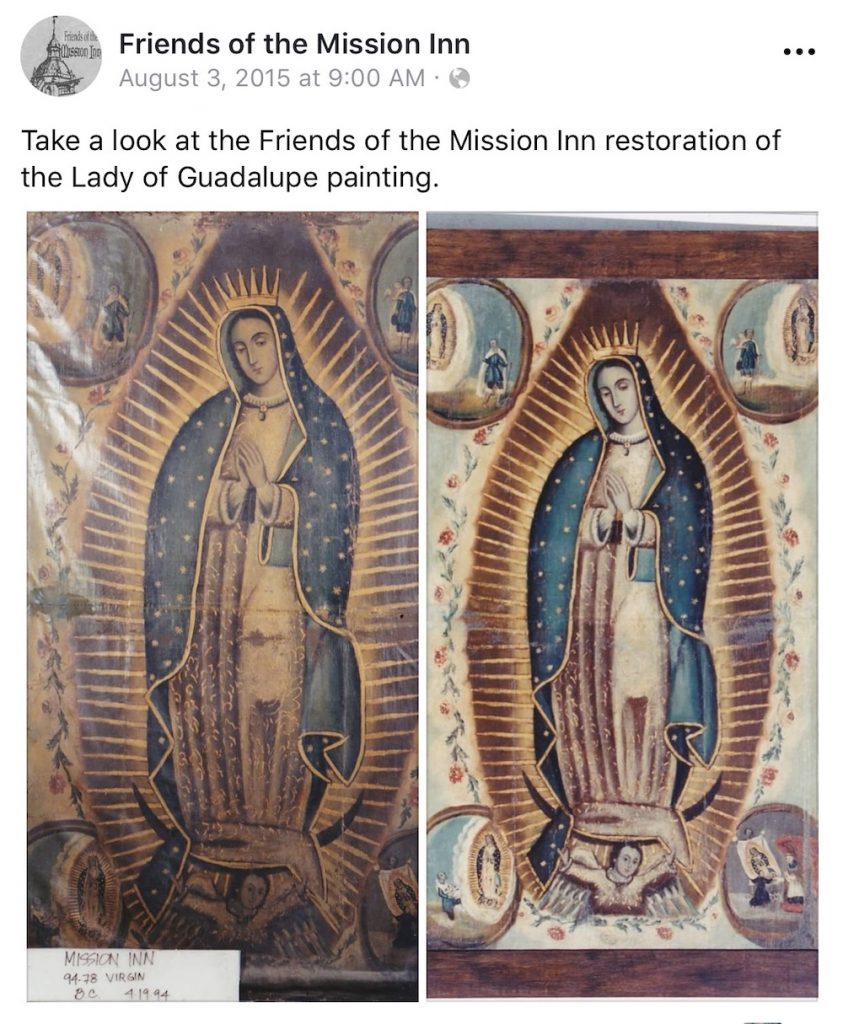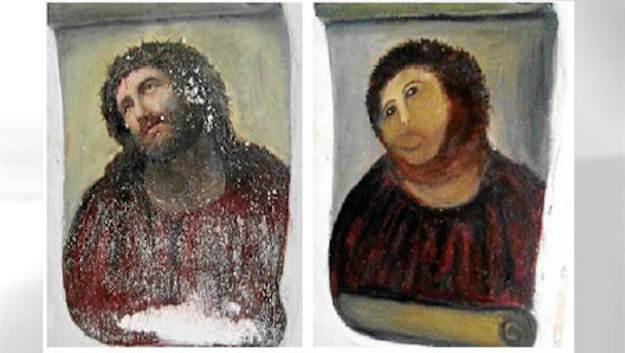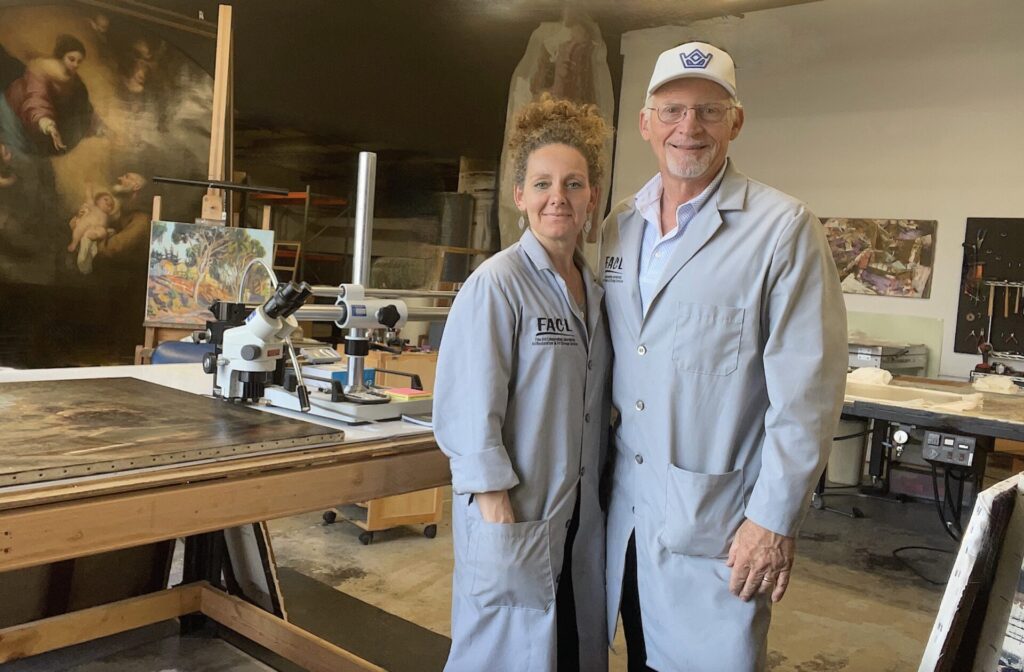Embarking on a journey as an art owner is an exhilarating endeavor, filled with boundless creativity and cultural enrichment. However, navigating the realm of art conservation-related issues can be daunting for newcomers. Whether you've inherited cherished artworks, are contemplating starting an art collection, or are a budding hobbyist art collector, understanding the fundamentals of art conservation is paramount to preserving the integrity and value of your precious pieces. Here are the top five things that new art owners should know about art conservation-related issues in Los Angeles County and Orange County, California.
1. Understanding the Importance of Art Conservation: As a new art owner, recognizing the significance of art conservation is crucial. Artworks are susceptible to various environmental factors, including humidity, temperature fluctuations, and light exposure, which can lead to deterioration over time. By prioritizing art conservation, you can prolong the lifespan of your collection and maintain its aesthetic and monetary value for generations to come.
2. Identifying Common Conservation Concerns: Familiarizing yourself with common conservation concerns empowers you to detect potential issues early on. Look out for signs of insect damage, such as surface distortions or visible holes, which can be prevalent in the mild climate of Southern California. Additionally, be mindful of factors like fading pigments, flaking paint, and unstable framing, as these can indicate underlying conservation issues that require prompt attention.
3. Seeking Professional Guidance and Expertise: When confronted with conservation-related challenges, don't hesitate to seek professional guidance and expertise. Establishing relationships with reputable art conservators in Los Angeles County and Orange County, California, is essential for addressing conservation issues effectively. These experts possess the knowledge, skills, and resources necessary to assess, diagnose, and remediate conservation concerns with precision and care.
4. Implementing Preventative Conservation Measures: Prevention is key when it comes to art conservation. Take proactive steps to safeguard your artworks by implementing preventative conservation measures. Store your pieces in a stable environment with controlled temperature and humidity levels, minimize exposure to direct sunlight, and handle artworks with care to prevent physical damage. By adopting these practices, you can mitigate the risk of conservation issues and preserve the longevity of your collection.
5. Educating Yourself Continuously: Art conservation is an ever-evolving field, and staying informed about new developments and best practices is essential for art owners. Take advantage of educational resources, workshops, and seminars offered by museums, galleries, and conservation organizations in Los Angeles County and Orange County, California. By continuously educating yourself about art conservation, you can make informed decisions regarding the care and preservation of your artworks.
In conclusion, embarking on the journey of art ownership is a rewarding experience enriched by the beauty and cultural significance of artworks. By understanding the importance of art conservation, identifying common conservation concerns, seeking professional guidance, implementing preventative measures, and educating yourself continuously, you can navigate the complexities of art conservation-related issues with confidence and ensure the long-term preservation of your treasured collection in Los Angeles County and Orange County, California.
Fine Art Conservation Laboratories’ 45 years of expertise in preserving and restoring art offers invaluable help and practical knowledge for helping people through the insurance claim process for damaged collectibles and art pieces. Our experienced team understands the complexities of insurance claims related to art, heirlooms, and antiques, providing reports that are properly prepared with information that the insurance company never puts in doubt. Fine Art Conservation Laboratories charges flat fees for this work, not a percentage of the claim settlement, and our expertise is honored nationwide. Let us help make the art, heirloom, and collectible part of the insurance claim process as seamless as possible and preserve your peace of mind.This blog post has been syndicated at ExpertClick.com. What does it mean that this article is “ syndicated”?
It’s a bit of a coup to get an article syndicated, and its certainly prestigious, as additional “proof” that the info and the author are considered far and wide authoritative and an expert in the field. So, enjoy and trust our content!! This article was syndicated for USA national redistribution.
When something is published, usually by a news source, and is made available through different venues for redistribution then it is said to be syndicated. Publications that are syndicated are usually considered of value as being from an expert, educational, new worthy or valuable for wide popular interest. See syndication page at the renowned publicity site: https://www.expertclick.com/NRWire/
This website’s syndication included:
1) Included in the ExpertClick Press Room as a ‘press release.’ (different than a ‘news release’)
2) Included in the ‘Speaker Bureau Platform Page.’
3) Shown on the front page of ExpertClick, in rotation with other most recent posts.
4) Shown in the ‘News Release Results page.’
5) Included on optimized for searches on all my topics of expertise.
6) Shown via RSS linked from the Press Room. (A specific way news is actively distributed within the industry)
7) Shown in the full RSS feed from ExpertClick. (Another, different specific way news is actively distributed within the industry)
8) Syndicated to LexisNexis.com As of 2006, the company had the world’s largest electronic database for legal and public-records related information, distributor of academic content and expert opinion.
This article has been syndicated at https://www.expertclick.com/NRWire/



No comments:
Post a Comment